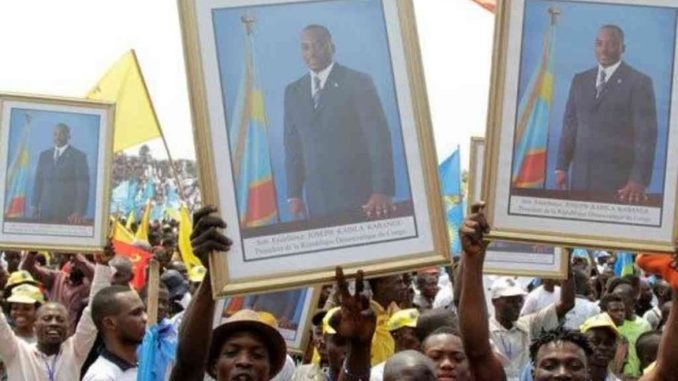
By Aaron Ross
KINSHASA (Reuters) – Belgium’s foreign minister and democracy activists in Democratic Republic of Congo called on Congolese authorities to investigate allegations that high-ranking officials stole millions of dollars in public funds.
The accusations surfaced shortly after the postponement of an election for a successor to President Joseph Kabila, originally scheduled for next month, until at least April 2018. The delay triggered violent unrest in the capital Kinshasa last month in which at least 50 people died.
In an article last week, the Belgian newspaper Le Soir cited documents provided by Jean-Jacques Lumumba, a former employee at the Congo branch of BGFI Bank, central Africa’s biggest bank, as indicating a series of transactions that resulted in large and unexplained losses of state money.
Congo’s government spokesman did not respond to a phone call or text message requesting comment and BGFI did not respond to an email. Lumumba referred questions to Le Soir. Reuters was not able to independently confirm any instances of wrongdoing.

“The revelations are so serious … that the attorney general of the republic should investigate this affair,” Jean-Claude Katende, president of the African Association for the Defense of Human Rights (ASADHO), told Reuters on Monday.
Belgian Foreign Minister Didier Reynders also called for an investigation during an interview with RTL-TVI on Sunday.
“I hope that, with all the documents that have been provided, there can be not only investigations in Congo but also international investigations,” he said.
Belgium was the colonial power in Congo until its independence in 1960.
Le Soir cited several alleged misuses of public funds. In one case, it said, the national electoral commission allegedly made millions of dollars in unexplained withdrawals from a $25 million credit line it opened this year even as $54 million in funds allocated to it by the treasury for electoral operations remained untouched.
A spokesman for the electoral commission referred Reuters to the commission’s president, who did not respond to a phone call or a text message requesting comment.
In another case described by Le Soir, the Central Bank allegedly made $43 million worth of unexplained transfers to the account of a company chaired by Albert Yuma, who is also chairman of the state mining firm Gecamines and a Kabila ally.
The Central Bank denied that it had ever transferred money to the company. Yuma told Reuters the accusation against him was “baseless” and that he was preparing a formal response that would be published in Le Soir.
Corruption is endemic in the vast central African state. Kabila’s counselor on graft and money laundering, Luzolo Bambi, said last year that the country loses up to $15 billion a year to fraud, roughly three times the annual budget.
(Reporting by Aaron Ross; editing by Edward McAllister and Mark Heinrich)
